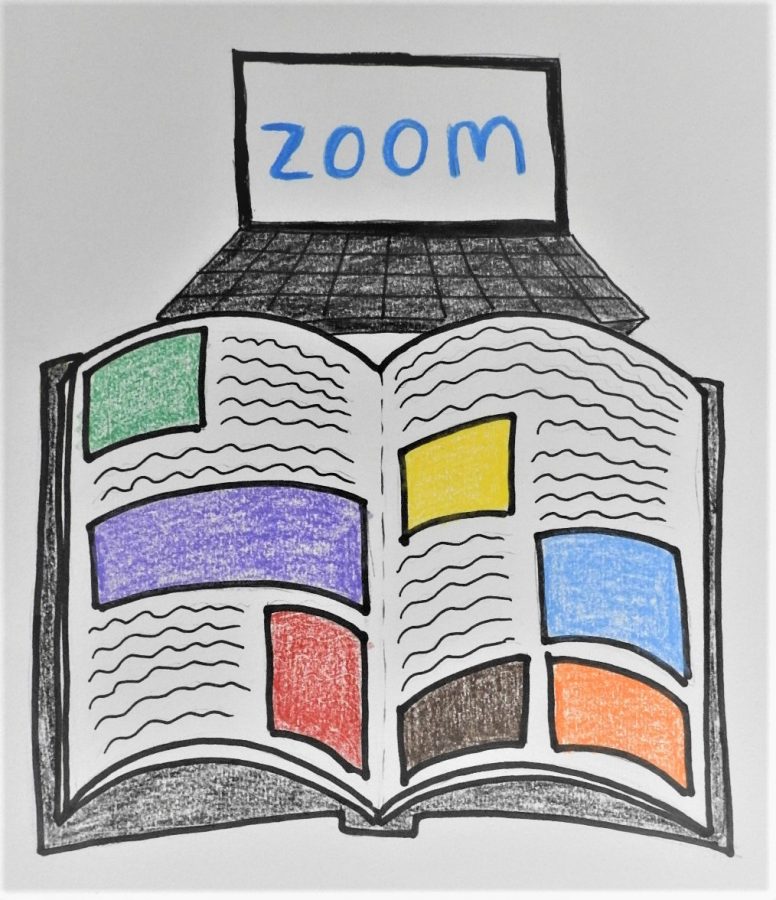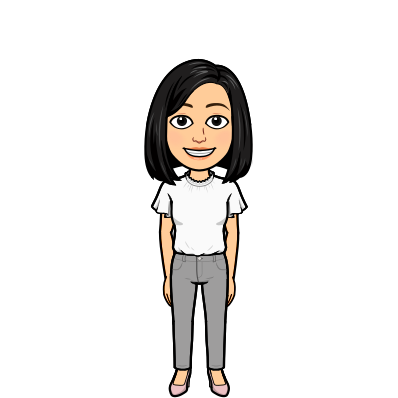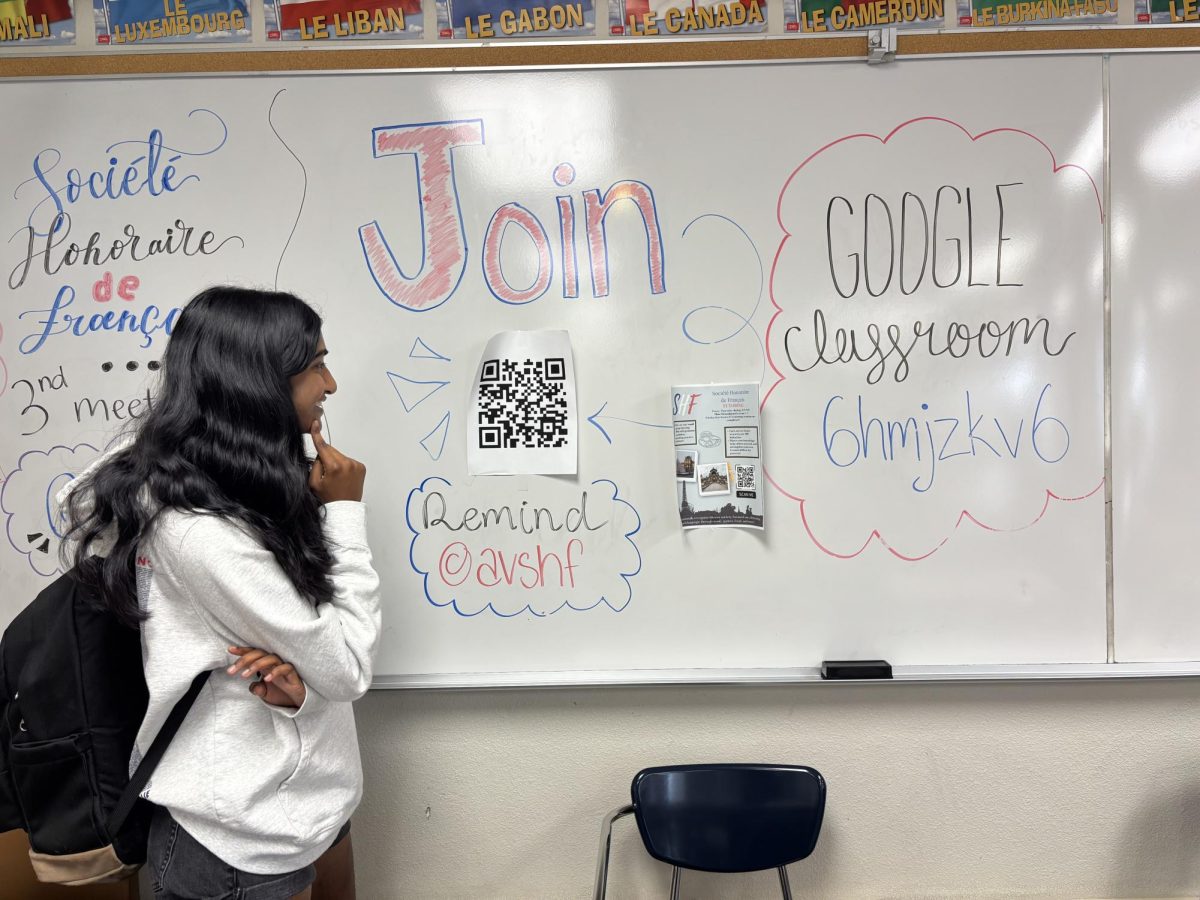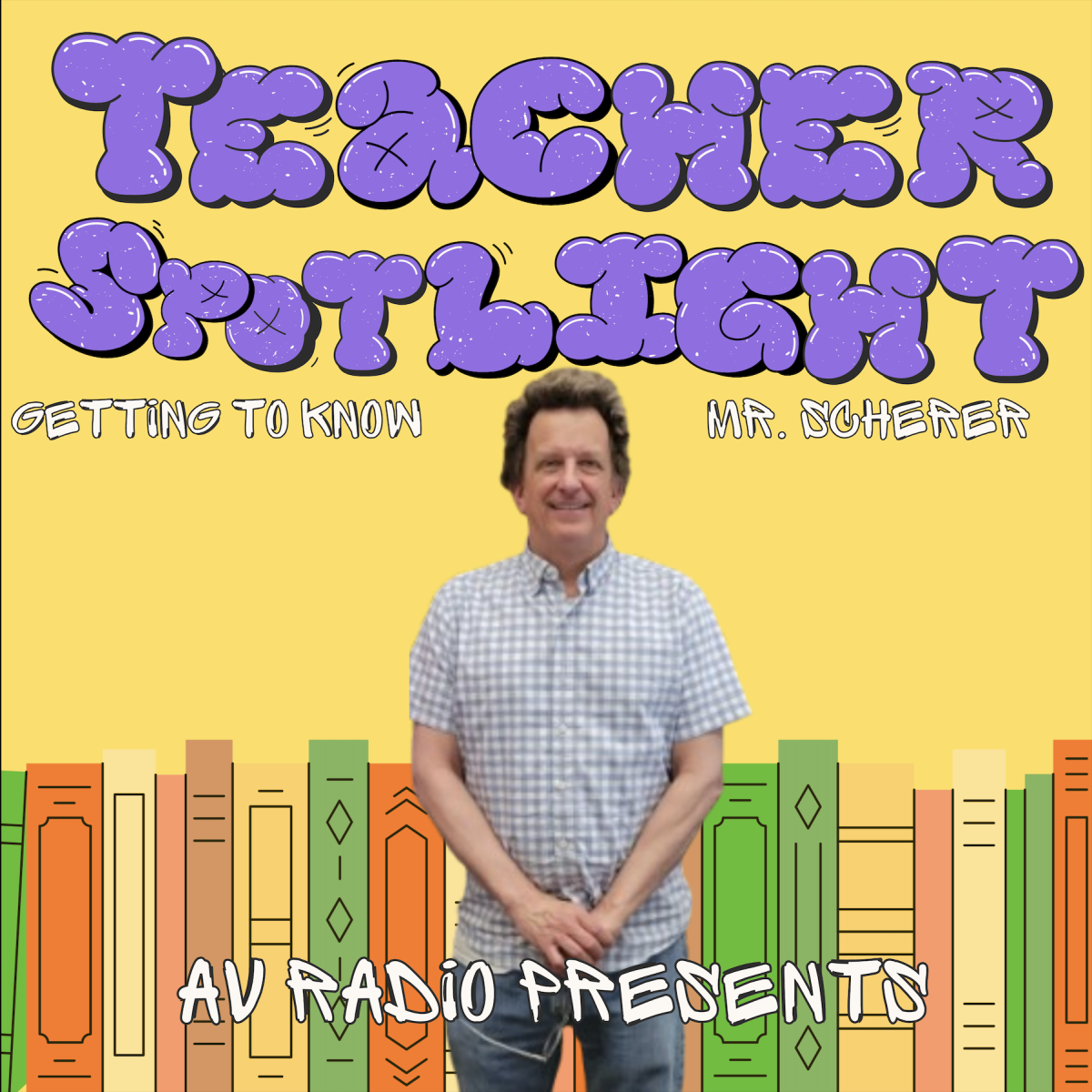What online finals will look like
Finals will be digitalized from paper copies to mesh with online Zoom meetings.
December 13, 2020
As the end of the semester draws near, stress levels are rising as students prepare for winter finals. However, compared to past years, this year’s finals will be entirely virtual.
The educational platforms teachers plan on using varies from individual to individual, as will the formatting.
“Chem will be on Edgenuity, which is an online program we have been using the whole year. Their final will be multiple-choice questions. AP Chem will be taking the exam on Edulastic, and they will have a few free-response questions and a set of multiple-choice questions,” says AVHS Chemistry teacher Brandy Barnett.
As for AVHS Physics teacher Bree Barnett-Dreyfuss, her AP Physics final will likely be based on “virtual lab activities and problem solving based on simulations” while her Conceptual Physics final will be taken on “an assessment platform called Edulastic for a mix of multiple-choice and short response”.
While the format of the finals might change, the goal remains the same: to test students’ understanding of the material. In the end, teachers want students to show they can apply the knowledge they’ve learned instead of regurgitating formulas and facts.
“We are trying to focus on questions where the student needs to apply their knowledge and are not just fact-based. This will help to see if they truly understand the topic and are not just copying what the book or notes say,” says Barnett-Dreyfuss.
Creating a test that achieves just that is difficult, causing many teachers to struggle with it. However, with online finals, there are more digital tools at their disposal.
“The digital tools we have access to have allowed me to create lots of different kinds of questions. We aren’t beholden to just multiple choice or just calculation questions. I could ask students to draw diagrams or make videos or have discussions, and those are all different forms of assessment,” said Barnett-Dreyfuss.
Another major challenge that teachers are faced with is cheating. In the physical classroom, teachers can watch students as they take their exams to prevent any academic dishonesty, but unfortunately, that’s not an option with digital learning.
“We know cheating is happening and it is disappointing but we are doing everything we can to avoid it. When we are in class and the students are sitting in front of us we can watch closely and make sure they are not sharing their work, but this is not possible virtually. We have been working out methods to combat cheating including how the questions are worded and other options I don’t want to share,” said Barnett-Dreyfuss.
Ultimately, Barnett-Dreyfuss states,“Teachers are concerned about integrity. We want to be able to stand behind the grades we give as a true reflection of what our students understand in our class. We worry that the drive to “get the grade” will mean some students lose their integrity. But I also know students are worried about what their assessments will look like. As difficult as it is to teach in this environment, I also recognize it’s hard to learn when literally everything is different.”
While academic classes might be struggling with cheating and how to format their tests, arts and entertainment teachers like AVHS Ceramics teacher Niel Bello are trying their best to capture the essence of their craft.
“There will be a mass pick-up of clay where students will come to school and pick up clay to work with. The final has a clay part and a sketchbook part. The clay part will have students with their cams on to show me their clay projects and the sketchbook part will be a design that demonstrates understanding of color, shape, and texture among other elements of art,” says Bello.
He hopes to keep his final consistent with what the students have been practicing for the entire semester, working with clay and designing.
Either way, this semester’s finals will be extremely different from those in the past. However, students should still prepare for them as they usually would in the physical classroom since teachers will be mimicking that testing environment during the finals schedule.




